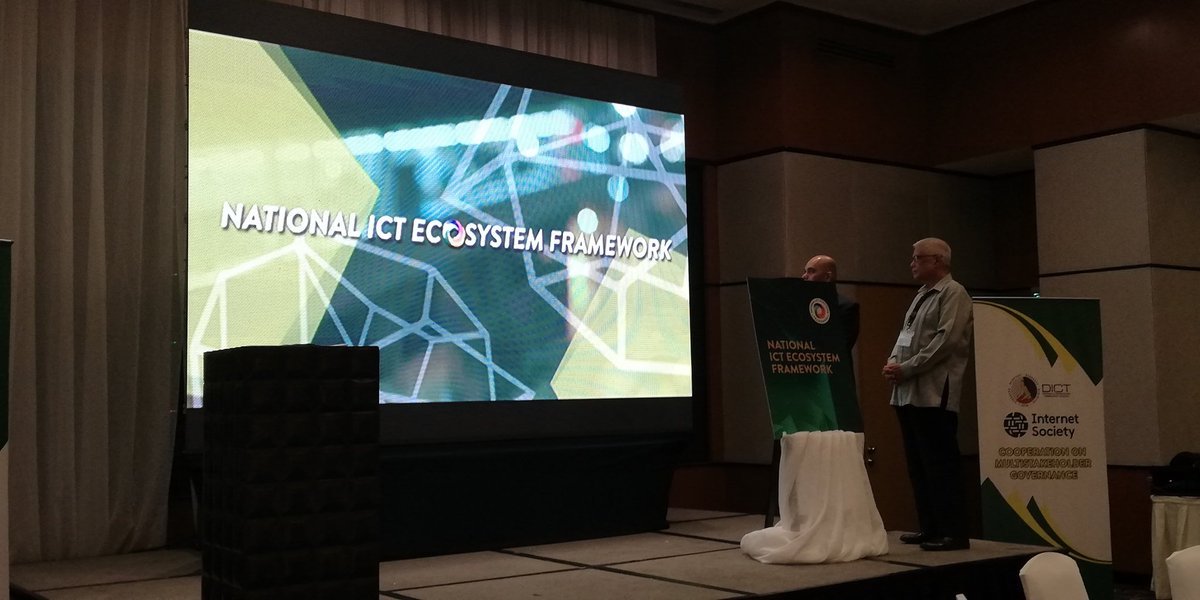Yesterday in Manila, the Philippines launched its national information and communications technology (ICT) framework, which lays out how digital transformation will empower citizens and the economy as a whole.
The National ICT Ecosystem Framework (NICTEF), is a successor to the Philippine Digital Strategy initiative from 2011-2016. Its plans, programs, and projects will be updated periodically as the government continually considers comments from all sectors of society and other indicators and results.
The release of NICTEF is remarkable in many ways. It was developed in a collaborative way, with stakeholders from multiple sectors engaged in dialogue and discussions to help inform and build an inclusive framework.
NICTEF is a living document. Subcommittees will gather ongoing feedback and updates will be made available on the framework’s website.
Considering the faltering international cooperation in Internet policymaking and the trend towards unilateral policies, it takes determination and belief for a government to embark on a landmark multi-year initiative that has at its core a multistakeholder approach.
This commitment is all the more remarkable for a developing country like the Philippines, where the levels of Internet use and literacy vary greatly from region to region. The Department of Information Communications Technology (DICT) recognized right from the start that a collaborative approach was needed. No single source of opinion – no matter how sophisticated – could address all possible issues that all sectors of society would face in building a roadmap for a digital economy.
NICTEF goes further than simply accepting comments from the public: it is aimed at paving the road for an inclusive, bottom-up policymaking model by encouraging people to set the agenda and goals of the country’s digital strategy.
“While it may not be possible to include all stakeholders in the process, the more inclusive and transparent the process is, then the more likely it is to produce workable outcomes and to engender the requisite trust and support of those outside the process, furthering dynamic and participatory e-governance,” the NICTEF document reads.
The Philippine government’s commitment to the multistakeholder model in the development of NICTEF is an exemplary approach and could be a model for other countries in their policy development processes.
The Internet Society, and I in particular, feel honoured and privileged to have been a part of the development of NICTEF, which will guide the development of Philippine digital ecosystem – and lay the foundation for all sectors to benefit from the use of ICTs and the Internet.
Our partnership with DICT in developing the framework has been highly rewarding. I believe NICTEF sets a new standard for how policy can be developed in an inclusive and collaborative manner. With the release of the framework, we can now look forward to the implementation phase and how the development of a robust digital ecosystem will propel the Philippine economy into the future.

